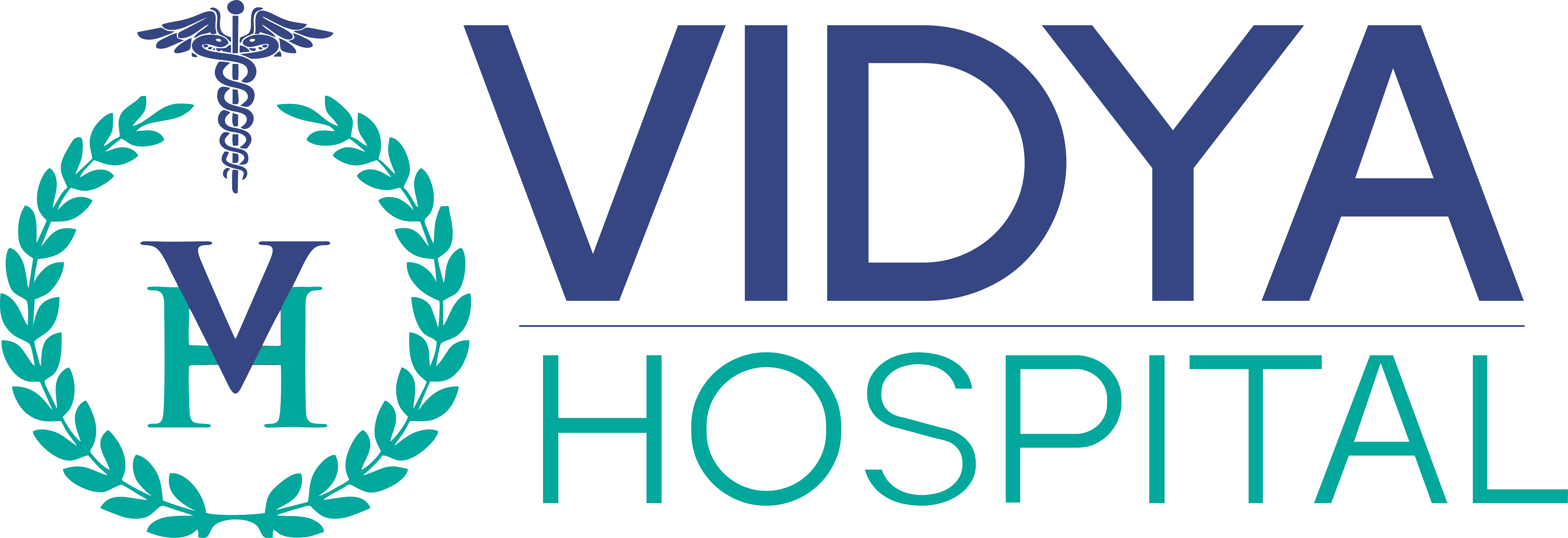
What is Pathology?
Pathology is a branch of medical science dedicated to the diagnosis and study of diseases by analyzing tissues, cells, and bodily fluids. It is crucial in the healthcare sector, offering precise diagnoses, assessing the effectiveness of treatments, and facilitating the early identification of illnesses such as infections, cancers, and chronic diseases. Pathology services encompass a range of tests, including blood tests, biopsies, and urine analyses, which provide essential information regarding a patient’s health. Its accuracy and dependability make pathology a cornerstone of effective medical care, leading to timely interventions and improved patient outcomes.
Why is Pathology Necessary in a Hospital?
- Accurate Diagnosis: Pathology delivers vital information that aids in the precise identification of diseases, supporting the development of effective treatment strategies.
- Early Detection: It allows for the early identification of conditions such as cancer, infections, and chronic illnesses, which significantly enhances patient outcomes.
- Monitoring Treatment: Pathology helps track how well treatments are working, allowing for adjustments in medications or therapies as needed.
- Research and Prevention: It offers valuable insights into disease patterns, helping hospitals to enhance preventive strategies and healthcare services.

Benefits for Patients
- Enhanced Diagnosis: Pathology improves the accuracy and reliability of disease detection, reducing the risk of misdiagnosis.
- Better Treatment Outcomes: It allows for focused treatment approaches based on detailed pathology results, boosting recovery chances.
- Informed Decisions: Pathology provides clear information about a patient’s health, empowering both doctors and patients to make knowledgeable healthcare decisions.
- Preventive Care: By recognizing risk factors and early symptoms of diseases, pathology enables timely interventions and preventive measures.
Advantages of Pathology
- Comprehensive Testing: Pathology encompasses a wide array of tests, such as hematology, microbiology, and molecular pathology, addressing various medical conditions.
- Timely Results: It provides rapid diagnostic information, particularly in critical or emergency situations.
- Precision Medicine: Pathology facilitates tailored treatment plans by identifying unique markers and conditions specific to individual patients.
- Supports Multidisciplinary Care: It supplies essential data for different medical specialties, ensuring coordinated and accurate care for patients.
Why is Pathology Important for Patients?
- Foundation of Medical Care: Pathology forms the essential basis for medical diagnostics, steering the entire treatment journey.
- Critical for Complex Conditions: It is vital for identifying intricate diseases like cancer, autoimmune disorders, and infections.
- Regular Health Monitoring: Routine pathology tests, such as blood and urine analyses, are essential for health check-ups and overall wellness maintenance.
- Confidence in Treatment: Accurate pathology results foster trust in diagnoses and ensure that patients receive the most effective care.
